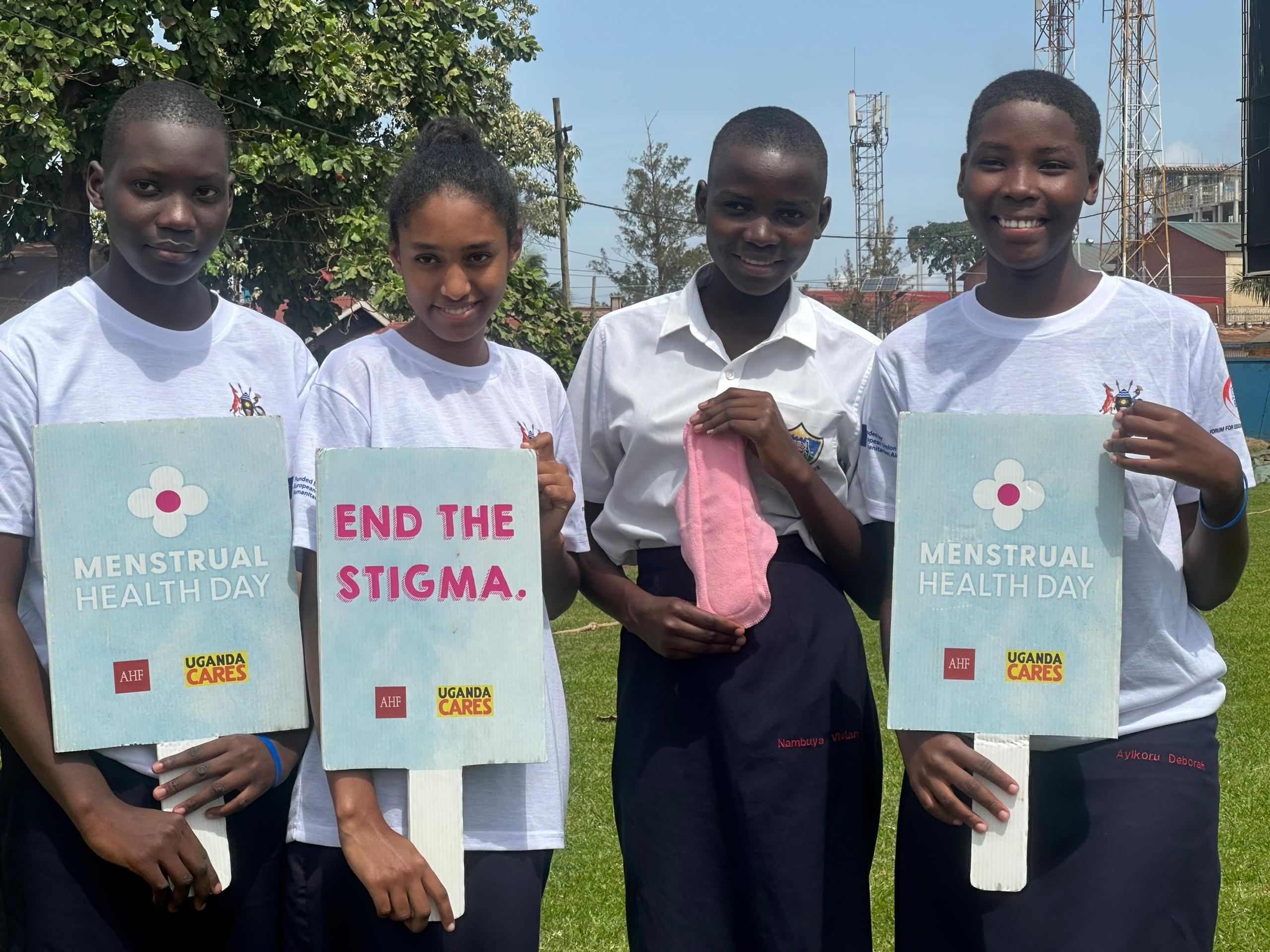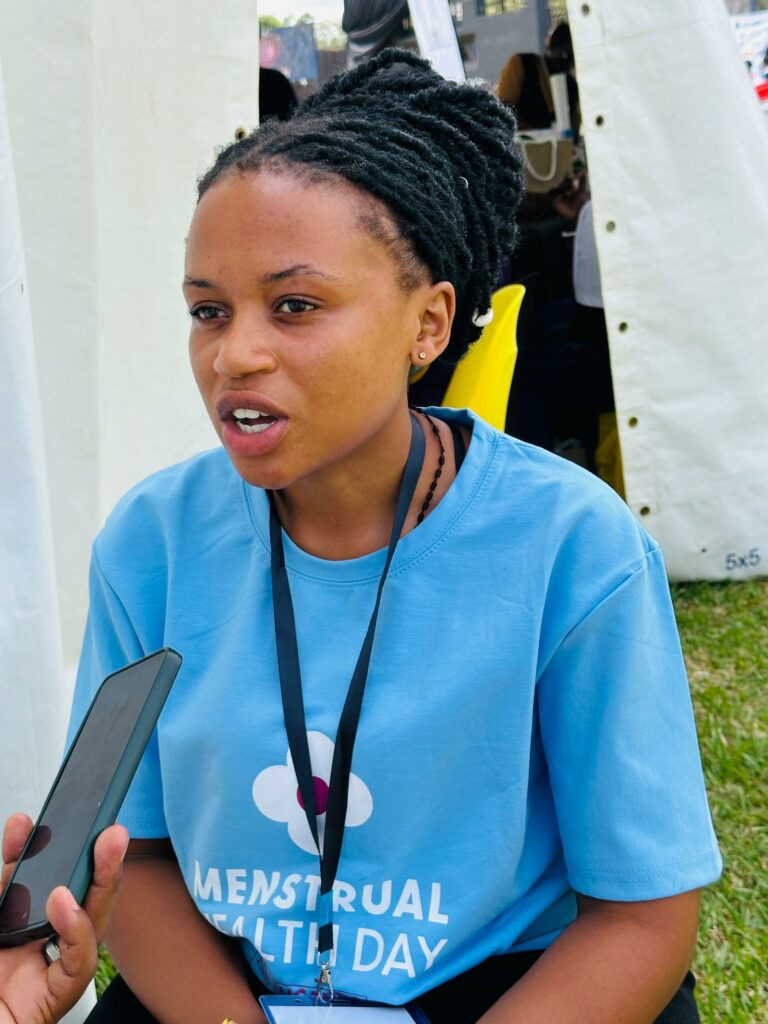
 Mama FM
Mama FM

 Mama FM
Mama FM
28 May 2025, 9:00 pm
By Byamukama Alozious
Uganda joined the rest of the world today to mark Menstrual Hygiene Day, celebrated annually on May 28. The national event was held at Lugogo Cricket Oval.
Represented by the State Minister for Sports, Peter Ogwang, the First Lady and Minister of Education and Sports, Janet Kataaha Museveni, described teenage pregnancy and early marriages as serious threats to Uganda’s development.
“These issues rob children of their childhood, interrupt their education, increase their health risks, and trap them in intergenerational cycles of poverty,” she said. “This is not merely a social issue, but a development emergency.”
She added that her ministry has integrated menstrual health into the curriculum and is working with partners to improve WASH facilities and scale up access to menstrual materials in schools. “Our ambition to transform Uganda into a modern, prosperous nation cannot be achieved unless all children are safe, educated, and empowered to thrive.”
Mrs. Museveni also urged families to build children’s resilience through positive parenting grounded in love, communication, and values.
Among the many voices was Vanessa Kimo Namukwaya, a youth leader from AHF-Uganda Cares, who emphasiSed the harmful impact of period stigma.
“Going through menstruation is not a curse. It’s not a problem. It’s biology. The stigma forces many girls out of school,” she said. “You can’t tell me a girl should miss class just because of her period. That’s already stigma.”
Vanessa challenged the silence and shame around menstruation, urging society to create safe spaces. “Even sending a brother to buy pads becomes taboo. But it’s not just about equality — it’s about humanity.”

Another young voice, Mercy Fiona Akello, an adolescent peer leader at AHF Uganda Cares, shared a raw and emotional story about how period poverty affected her life growing up with a single mother.
“When I started my periods, I had no one to help me. I ended up getting a boyfriend, thinking he could support me. But boys don’t give you anything without expecting something back,” she said.
“I had to work to support my mum and pay my school fees. I wasn’t the firstborn, but I was the oldest at home. I saw the struggle and thought a boyfriend was the easiest way out. But one day I sat down and said no — this is not what I want. I need to be independent.”
Mercy called on the government to support girls like her. “Many girls are suffering. They are dropping out of school. They’re going into early marriages. They lack ideas and guidance. We need help. We need pads. We need people who can speak to us and stand with us.”
She added that girls need access to information and resources to make better choices. “Getting a boyfriend is not a solution. The government should step in. Menstrual health is not just a girl’s issue — it’s a community issue.”